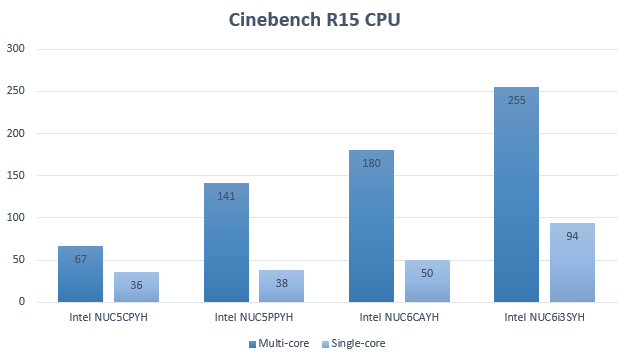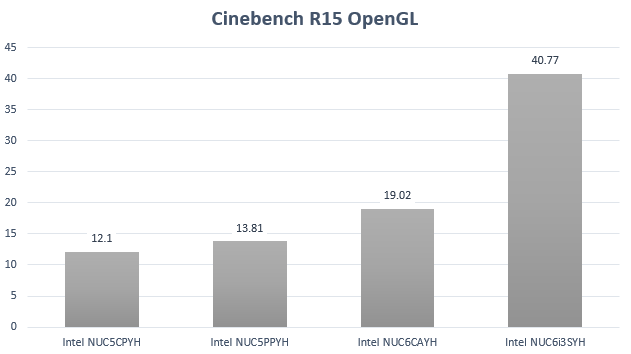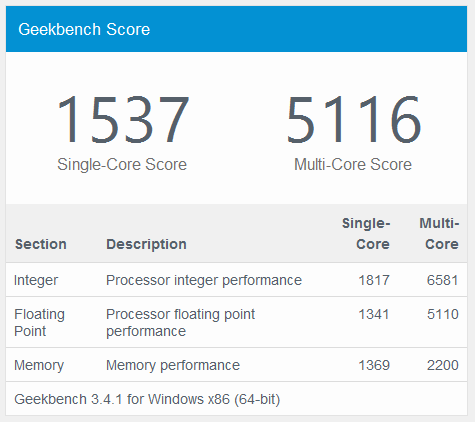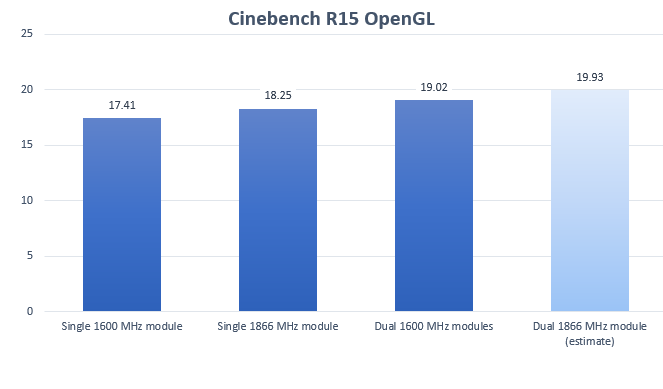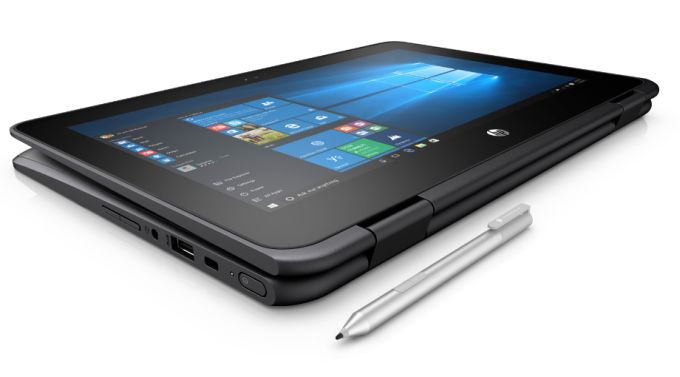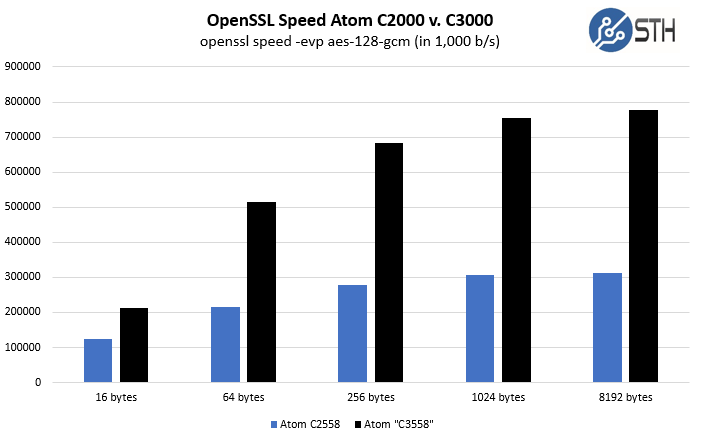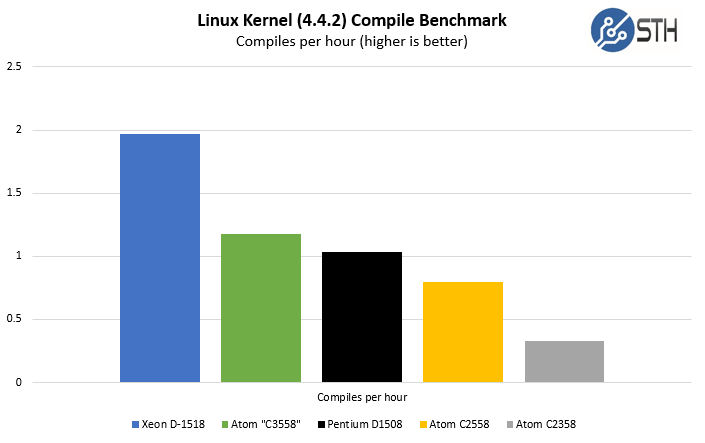I have a atom bt 4 c 2 in one 10" with ssd used as spotify server.
I mean as productivity device the days for such performance is over. When bobcat e350 arived 6 years ago it was kind of acceptable. At that time phones was like single core arm a8. Vs how fast a mobile phone is today its just to darn slow for serious work.
I have a bt nas server and like the spotify server its fine for that kind of niche purposes.
If a zen core is 6mm2 incl l2 on 14nm as Dresdenboy estimates and as amd for good reason then is leaving small core the days for Atom is comming to an end. At 7nm an zen+ will the be perhaps like 4mm2 and then derivatives be it in consoles whatever will take the place of atom.
Right now arm a73 will be flooding the market and with its 2 wide slim and extremely small core be very attractive eg for the nas market. A quad a73 is simply a fast processor here. In 3 years its a 8c variant.
Atom is simply stuck in a very very bad place. Worse than when it was to the tune of 4b loss a year. Can it be anymore difficult?
4 years and its 100% game over. One can understand Intels decisions.
I mean as productivity device the days for such performance is over. When bobcat e350 arived 6 years ago it was kind of acceptable. At that time phones was like single core arm a8. Vs how fast a mobile phone is today its just to darn slow for serious work.
I have a bt nas server and like the spotify server its fine for that kind of niche purposes.
If a zen core is 6mm2 incl l2 on 14nm as Dresdenboy estimates and as amd for good reason then is leaving small core the days for Atom is comming to an end. At 7nm an zen+ will the be perhaps like 4mm2 and then derivatives be it in consoles whatever will take the place of atom.
Right now arm a73 will be flooding the market and with its 2 wide slim and extremely small core be very attractive eg for the nas market. A quad a73 is simply a fast processor here. In 3 years its a 8c variant.
Atom is simply stuck in a very very bad place. Worse than when it was to the tune of 4b loss a year. Can it be anymore difficult?
4 years and its 100% game over. One can understand Intels decisions.


